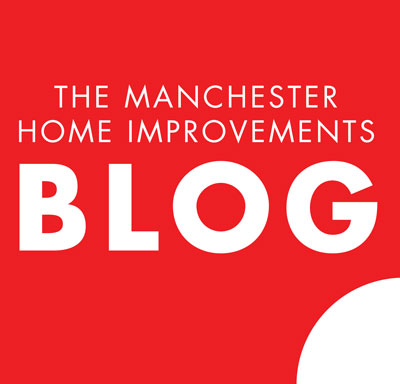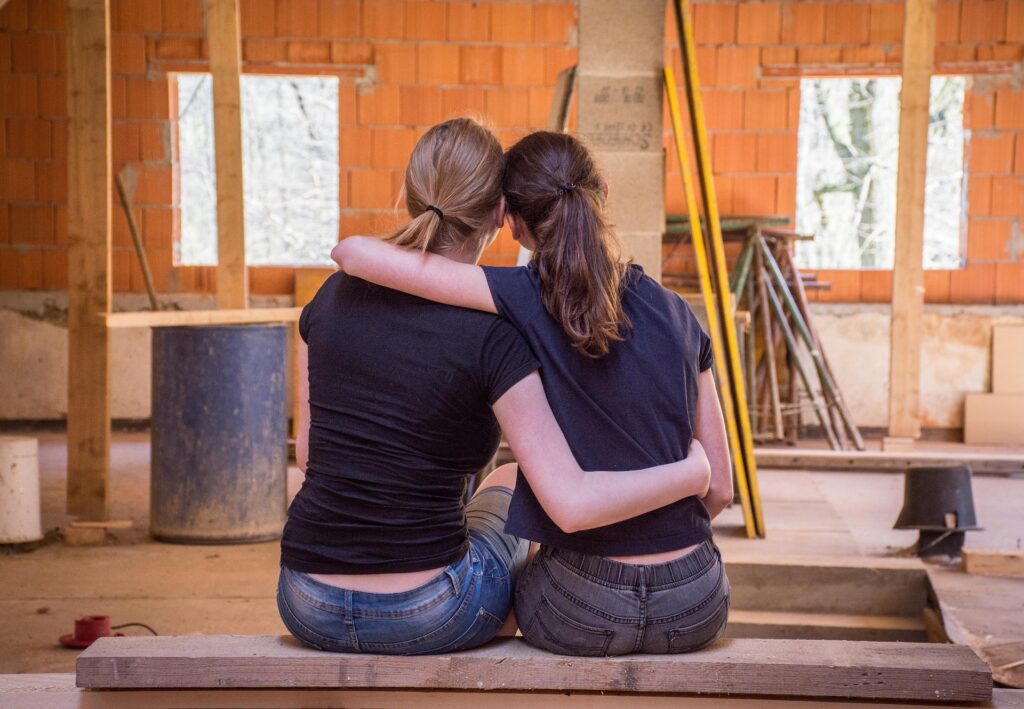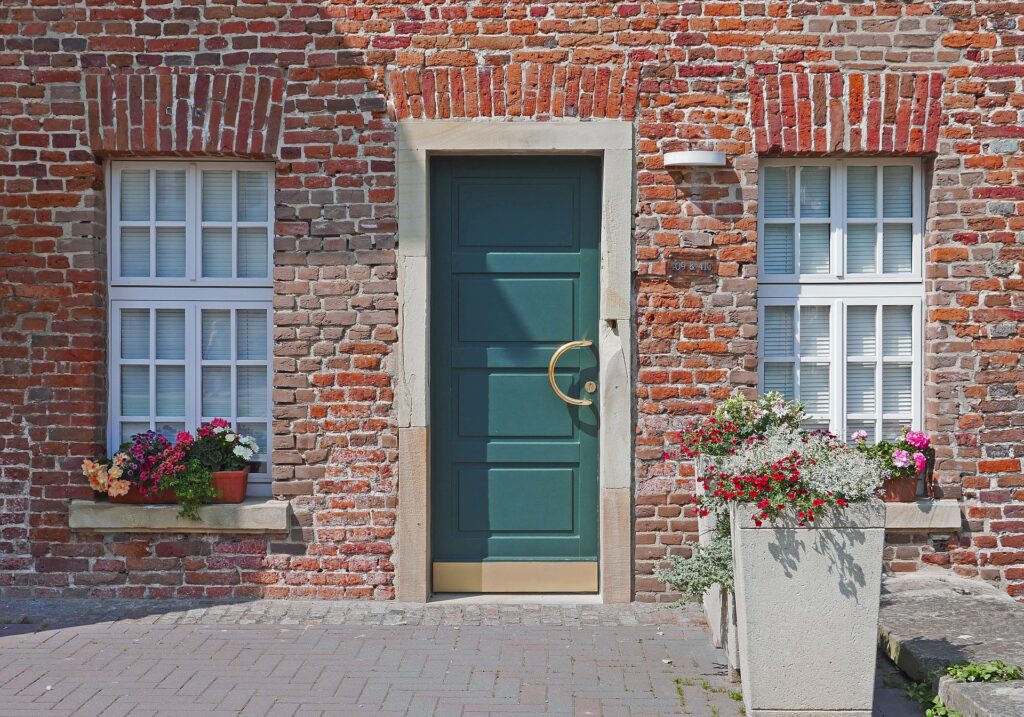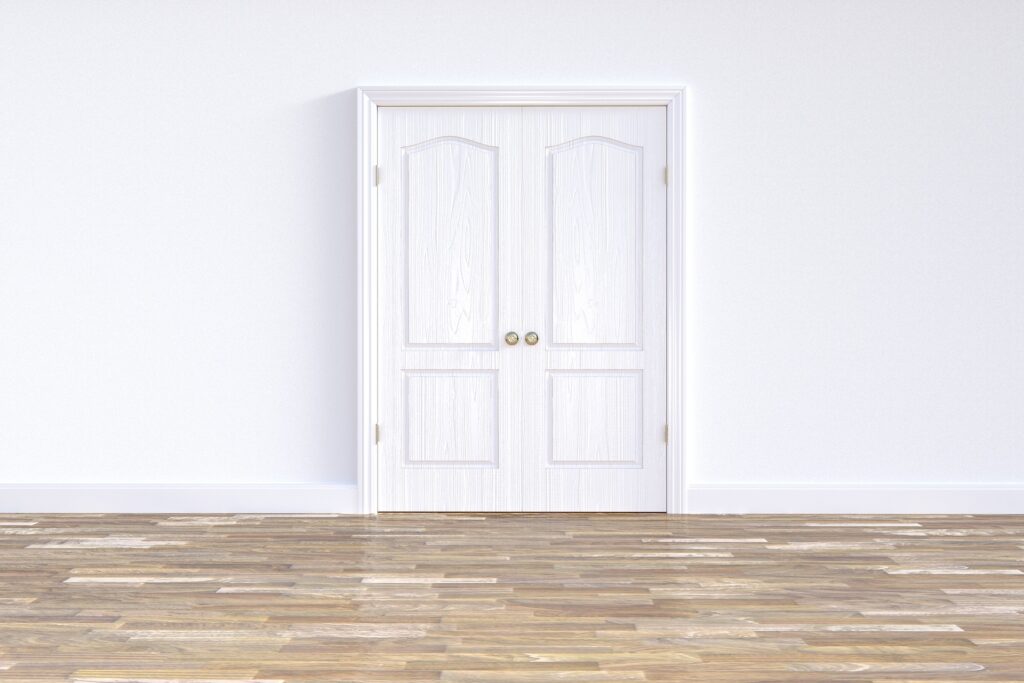Are you looking to get onto the property market? Do you know what the housing ladder is?
House prices are currently on the rise as supply is low but demand is high. When you purchase a property, you pay down your mortgage so the mortgage amount decreases monthly. Increases in house prices are often a good thing because the equity then increases too, meaning the difference between your house value and outstanding debt changes. Having a good amount of equity will let you up-size as the equity can equate to a deposit on a new property. Mortgage providers see you as a safe option if you have a smaller mortgage, as you are lending and owe less. Our article discusses all the terminology you need to know for joining the housing ladder.
What Is A Deposit?
A deposit is an amount of money that gets put down on a property. You essentially pass this money over to the bank in order to secure a mortgage.
Deposits can differ depending on the price of the house and the amount the buyer can afford. However, the more you put down, the less the mortgage will be and the cheaper the interest rate will be.
Moreover, deposits aren’t just for buying property. They are often required when buying a car on finance, or when booking an appointment or making a reservation.
What Does ‘Loan To Value’ Mean?
Loan to value is a percentage ratio that refers to the deposit that is put down and the amount left on the mortgage. Hence, if a property costs £100,000 and a £10,000 deposit is put down, the loan to value percentage would be 90%.
The lower the percentage, the better. The larger the deposit, the easier it is to get a lower interest rate on the deposit as the risk to the mortgage provider is less because you owe less. Hence, monthly payments can be more affordable.
What Is Housing Ladder Equity?
Equity is vital when it comes to the housing ladder and the property market. It changes when making payments towards the mortgage or when housing prices change. Hence, if a property is worth £100,000, and the amount left to pay is £70,000 then the equity totals £30,000.
Negative equity occurs when the value of the home is less than the loan owed. Moreover, this occurs when house prices drop. It can make selling the home difficult or remortgaging more expensive.





